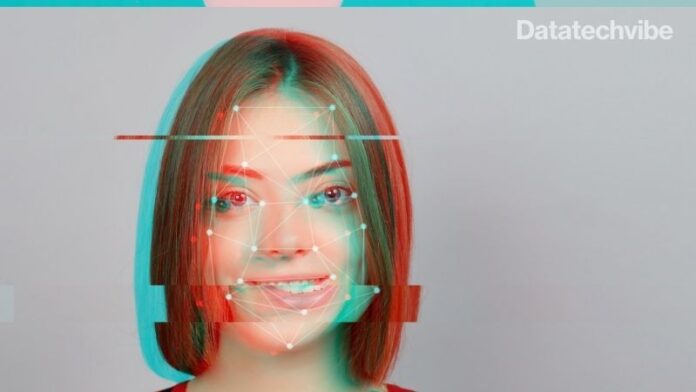Brands across the world are beginning to use Facial Recognition technology, but experts warn about privacy.
When consumers shop for a product online, the device camera captures the facial expression for the brand’s future reference. With this concept as inspiration, a Singapore-based company EnaableX is partnering with online and offline retailers.
Companies like Entropik Tech and Expedia are also using Facial Recognition to decipher customers’ cognitive responses and create personalised travel experiences. Research conducted by Variant Market claims that facial recognition is expected to reach 15 billion in 2024, the staggering number is also an alarming cause of concern. An Ottowa-based research fellow Inioluwa Deborah Raji and a legislative fellow Genevieve Fried conducted a historical survey of over 100 datasets with 145 million images of over 17 million subjects in the last 43 years.
The most alarming finding was that face biometric datasets that carried subject consent dropped from 86 per cent to just over 8 per cent. Raji commented, “The fact that we fall into this trend of data hoarding *even when handling the most sensitive biometric info reveals something about our priorities as a field and how it’s shifted away from recognizing the humanity of the people present in our accumulating datasets.”
Also Read: Inside Google Deepmind
With the advancements in technology, datasets were gathered from web searches and surveillance camera footage. Gradually, datasets got heavier, and subject consent or a record of demographic distribution was forsaken. In the current scenario, DL is striving to improve the technology but at the cost of privacy.
As an indirect result, a report by the International Network of Civil Liberties Organizations (INCLO) reveals that the negative impact of the increasing utilization of facial recognition technology violates freedom of expression, freedom of peaceful assembly, and privacy.
Privacy laws are being evaluated, but laws focused on facial recognition are of key importance. Although a set of facial recognition guidelines were recently released, privacy sections for the same are yet to be incorporated.
Meanwhile, experts recommend entrepreneurs to develop privacy-driven solutions. Several facial recognition applications in the market and brands could create facial recognition security to prevent unauthorised access. For instance, Exposing.ai, launched in January lets its customers know if an outside party uses the photos posted by them on image-sharing websites.
Also Read: Using AI effectively
While the United Arab Emirates is open to adopting facial technology across industries, experts, brands, and customers expect regulatory measures to be put into practice. Recognising the adverse effects of facial technology is crucial for the ethical advancement of AI.









